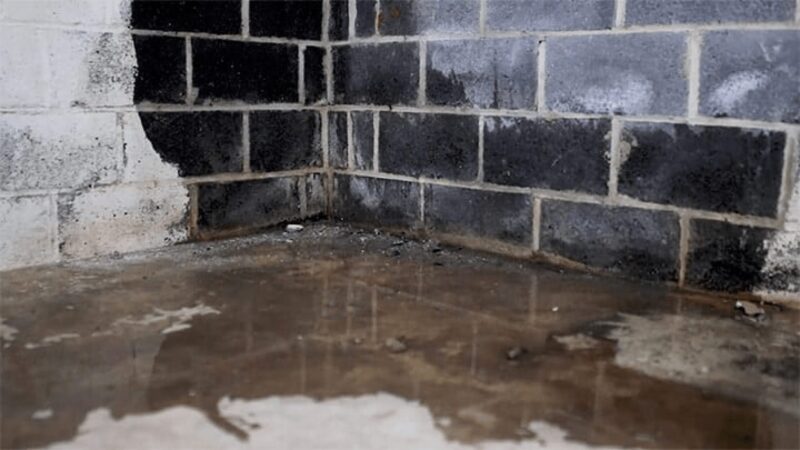COVID-19 has affected our day-to-day lives in a lot of different ways – from canceled vacations and trips to wearing a mask to the grocery store, life looks a lot different today than it did at this time last year.
The same is true of insurance, too – it’s predicted that insurance costs will rise quite a bit due to the strain that COVID-19 has placed on the US healthcare system. Let’s discuss the impacts of COVID-19 on private health insurance in more detail, and discuss some of the effects that may impact families throughout the United States when they sign up for 2024 healthcare coverage.
COVID-19 Has Not Yet Peaked In America – And Continues To Worsen

First, it’s important to note that in many parts of the country, COVID-19 is worse than it’s ever been. As of publication time, the CDC COVID-19 tracker reported 588,208 cases in the last week alone, and experts believe we are headed for a “third peak” that could hit in November or December.
This is bad news for everyone, since COVID-19 will now be extremely active during the winter months when most people throughout the United States will be spending more time indoors – and may also be exposed to other viruses like influenza and the common cold.
Because of this, it’s quite difficult to predict the extent of how COVID-19 will affect the cost of private health insurance. Though death rates have been falling, cases are still going up – and if they continue to do so and overwhelm the healthcare system in the United States, it’s likely that insurance premiums will increase accordingly.
It’s Estimated That COVID-19 Could Cost Up To $640 Billion In Direct Medical Costs

So, exactly how much will COVID-19 cost in direct medical costs? A study done by Health Affairs calculated that if 20% of people in the United States catch COVID-19, the direct medical costs from these infections will be about $163.4 billion – and if 80% of people catch the virus, the costs could be as high as $640 billion.
These costs would be incurred by 44.6 million hospitalizations, 10.7 million ICU admissions, and a total of 249.5 million “hospital bed days,” a metric of how long individuals stay in the hospital due to their health conditions.
By way of comparison, the total cost of health care expenditures (HCE) of Americans in 2018 was around $3.6 trillion. If 80% of people become infected and incur $640 billion in healthcare costs, this would represent a jump of 17% in the total health care expenditures in America – which would be a huge surge in spending.
The Ripple Effects Of COVID-19 Will Continue For A Long Time

Even if the worst case scenario does not happen and most Americans avoid getting COVID-19, there will still be significant impacts to the overall healthcare system. One of the biggest issues that sometimes goes unnoticed is the cost of patients avoiding routine care, or being unable to get the care they need due to hospitals that are overwhelmed by the pandemic.
In a WHO report, it was found that more than half of all countries have had their health services “partially or completely disrupted” by the COVID-19 coronavirus – 49% of surveyed countries reported reductions in diabetes treatment, 42% for cancer treatment, and 31% for cardiovascular (heart) related emergencies. In addition, 63% of surveyed countries said that rehabilitation services, such as physical therapy, had been disrupted by COVID-19.
These changes are likely to have a major financial impact on hospitals as well as patients, according to the AHA. One issue is that people who are unable to get routine care due to COVID-19 may face higher healthcare costs in the future.
For example, a diabetic person who cannot get the treatment they need due to COVID-19 may end up with more serious complications, like nerve damage in their feet. In turn, this condition will cost more to treat than it otherwise would have.
Will COVID-19 Cause Health Insurance Prices To Rise? The Answer Is “Yes”
The long and short of things is that COVID-19 is putting an unprecedented burden on both health care providers and individual patients – and this will likely result in higher prices for health care in both the long and short term.
The Healthcare.gov Health Marketplace recently re-opened for open enrollment for 2024 plans, giving us some insight into how health insurance costs will be affected by COVID-19. About half of all insurers noted a rate increase of between 0% to 2% for 2024 Marketplace plans.
This may not seem like much, but this is simply for the short term. Many insurers are actually expecting their expenditures to remain relatively low for 2024 and 2024 because COVID-19 may cause patients to defer healthcare treatments.
But in the long run, COVID-19 and deferred treatment will likely combine to cause an overall jump in insurance costs. It would not be surprising to see 2024 premiums jump quite a bit compared to the cost of 2024 insurance plans.
The Total Impact Of COVID-19 Is Still Difficult To Predict

Any estimates of how COVID-19 will affect private health insurance will only be just that – estimates. The pandemic is still spreading in full force in many parts of the US, and it continues to do so, its financial impact will grow accordingly.
No matter what happens, though, it’s likely that the unprecedented surge in medical costs caused by COVID-19 will translate, at least in part, to a higher overall cost of health insurance in the United States.
So make sure to do your research and check your plan carefully when you enroll this year, and explore your options to make sure that you can get the medical care you need without overpaying for private health insurance.
Related Posts:
- 7 Hidden Data Security Threats of Private Browsing in 2024
- 7 Factors To Consider When Looking For A Private…
- The Impact Of Social Media On Mental Health
- The Impact of Exercise on Mental Health and Stress Reduction
- Impact of the Pandemic on Global Business in 2024
- How Adult Toys Impact Modern Relationships - 2024 Guide







